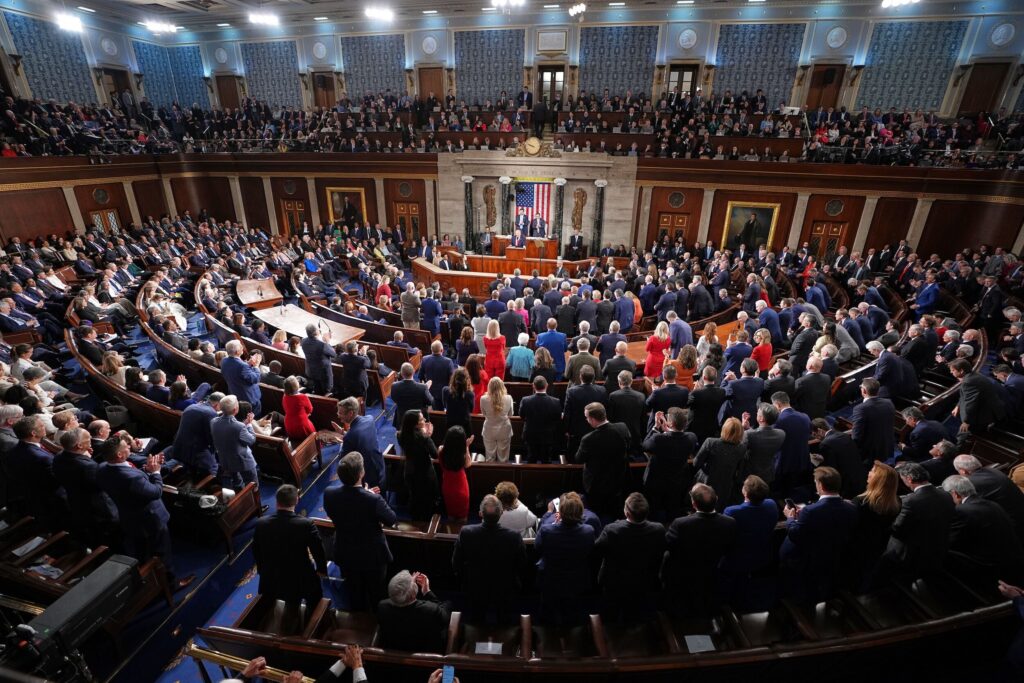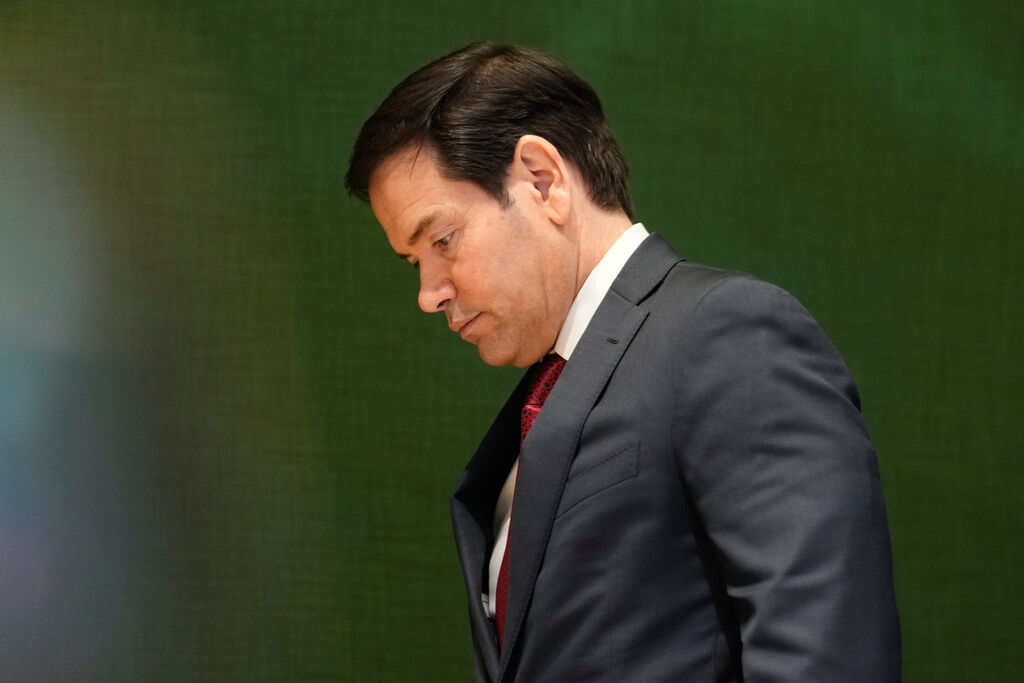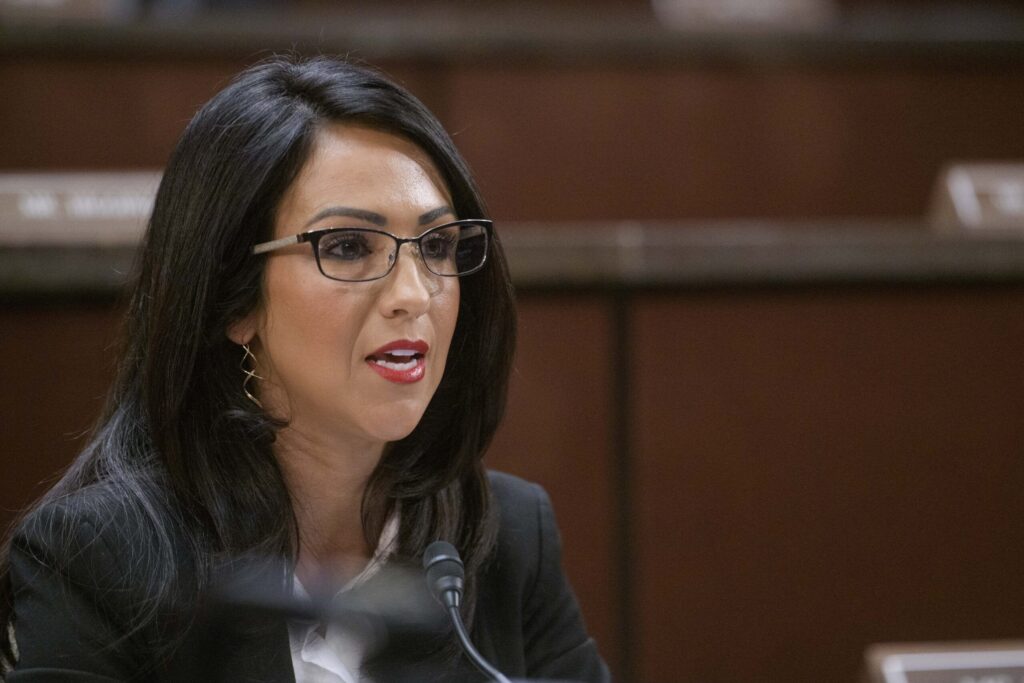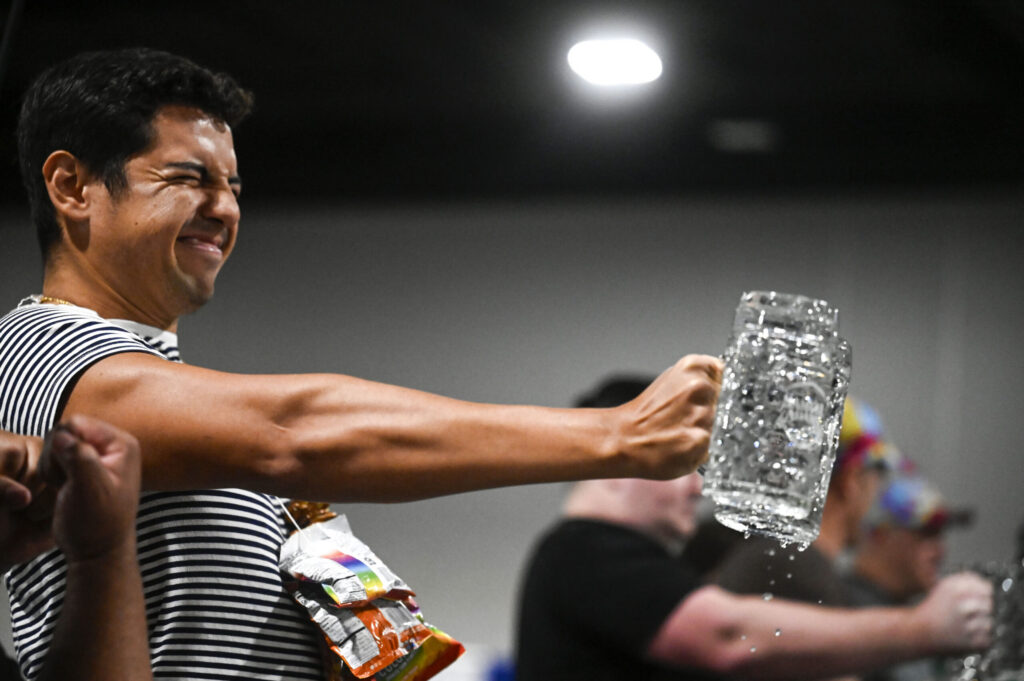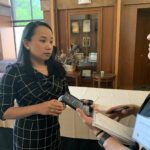Polis vetoes ban on speculative ticketing, other ‘deceptive’ ticket sale practices

An effort to update Colorado’s ticketing statues for the first time since 2008 was shut down in the 11th hour on Tuesday.
Gov. Jared Polis vetoed Senate Bill 60, which would have prohibited many common practices in the event ticket industry, classifying them as “deceptive trade practices.” This included banning “speculative ticketing,” in which companies resell tickets they do not yet own and customers are often not guaranteed to receive the tickets they purchase.
If made law, the bill would have also required ticket sellers to disclose total costs upfront, prohibited raising prices once a ticket has been selected for purchase, and banned resellers from using similar web designs or URLs to falsely present as an event’s official ticket seller, among other changes.
“Colorado has one of the most successful concert and venue sectors in the United States … the bar for any changes to laws in this area is very high,” Polis said in his veto letter. “There are some significant problems with the bill that risk upsetting the successful entertainment ecosystem in Colorado.”
Polis said he worries the bill would discourage competition in the ticket selling industry by cracking down too harshly on resellers and not hard enough on primary ticket sellers, notably Ticketmaster.
Polis specifically criticized the bill for banning speculative ticketing, referring to the practice as “online ticket waiting services.” He also said the bill’s restrictions were too broad regarding lookalike websites/URLs and prohibitions on reselling tickets that were donated for free as part of a charitable event or offered in compliance with the Americans with Disabilities Act.
The bill’s sponsor Sen. Robert Rodriguez, D-Denver, said besides the speculative ticketing component, they could have easily tweaked the bill to address the governor’s other concerns. But Rodriguez said the bill’s fate was ultimately sealed by opposition from ticket reselling companies such as Vivid Seats and StubHub.
“We had a very pro-venue, pro-fan, pro-artist policy that the ticket scalpers thought wouldn’t benefit them. The scalpers won,” Rodriguez said. “This bill was a compromise and it passed very bipartisanly. … It wasn’t enough, I guess.”
The bill passed with well over a two-thirds majority in both chambers. This means the bill would have likely had enough support from lawmakers to override Polis’ veto, but the legislature is only able to hold override votes during the session, which ended one month ago.
Multiple venue associations and over three dozen local independent venues stood behind the bill. Venue operators said they have to reject customers everyday who purchased speculative tickets from resellers but never got the actual ticket.
Others spoke of resellers using bots to bypass ticket limits, buying hundreds of tickets at once to resell at higher prices. While the events may sell out, if the resellers do not find someone else to buy the tickets, the events end up being way emptier than the venue prepared for. This leads to venues losing money after overpaying for staff, security and drinks for a sold-out crowd.
“We are disappointed that Gov. Polis chose out-of-state scalpers and other bad actors over Colorado fans, artists, venues,” said David Weingarden with Z2 Entertainment and the Colorado Independent Venue Association. “(SB 60) would have protected Coloradans and the local venues they make memories in.”
Several consumer protection groups pushed for Polis to veto the bill after the legislature removed amendments that would have required ticket sellers to report illegal bot activity and to disclose to customers the total number of tickets that are and will be for sale, including whether additional tickets will be made available at a later date.
Polis said he took the groups’ concerns “very seriously,” echoing that the removed amendments “would have done much to shift its overall balance towards consumers.”
Rodriguez said the amendments were “unworkable” and too cumbersome on ticket sellers and venues, saying there was “no path” forward for the bill in that form.
“The legislation didn’t go far enough to protect consumers, as evidenced by the stripping of several vital consumer protections from the bill,” said Brian Hess, executive director of Sports Fans Coalition. “This is why consumer and fan advocates called for a veto, and we are grateful Gov. Polis agreed.”
Polis was also seemingly encouraged to veto the bill by his “former House colleague and baseball teammate,” Congressman Bill Pascrell of New Jersey.
Pascrell applauded Polis’ veto in a release on Wednesday. Pascrell said he “reminded the Governor when we spoke last month” of their work advocating against the Live Nation/Ticketmaster merger in 2009, arguing that SB 60 wouldn’t have addressed Ticketmaster’s monopoly on the ticket selling industry.
Just last month, Pascrell reintroduced national legislation seeking to make some of the same changes SB 60 would have made in Colorado, including requiring ticket prices to be clearly displayed and unchanging during checkout. Pascrell’s legislation also seeks to require disclosure of the total number of tickets that will be for sale and it wouldn’t prohibit speculative ticketing, but require warnings.
“I hope what has happened in Colorado can help us jumpstart real consumer focused reforms to change this broken marketplace at the state and federal levels,” Pascrell said.
As for Colorado’s ticketing laws, both Polis and Rodriguez said they will discuss potentially bringing forward another ticketing bill in future legislative sessions. Weingarden and Hess said their organizations look forward to working with lawmakers to help develop any new policies.
Polis said the bill would have to hold “both primary and secondary ticket sellers accountable” to get his approval. Rodriguez said his only concern is “helping people get to concerts who want to go.”






